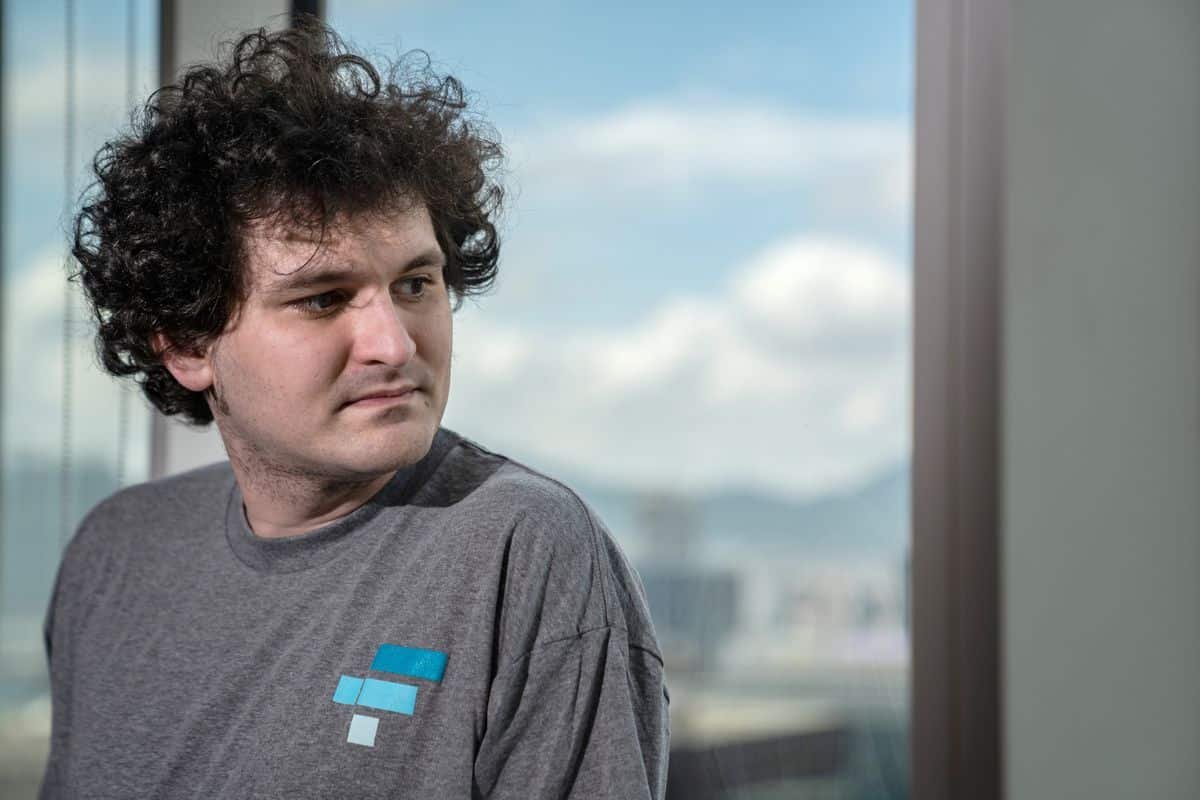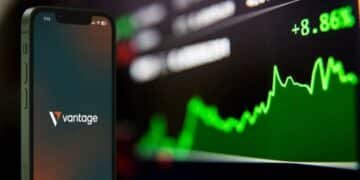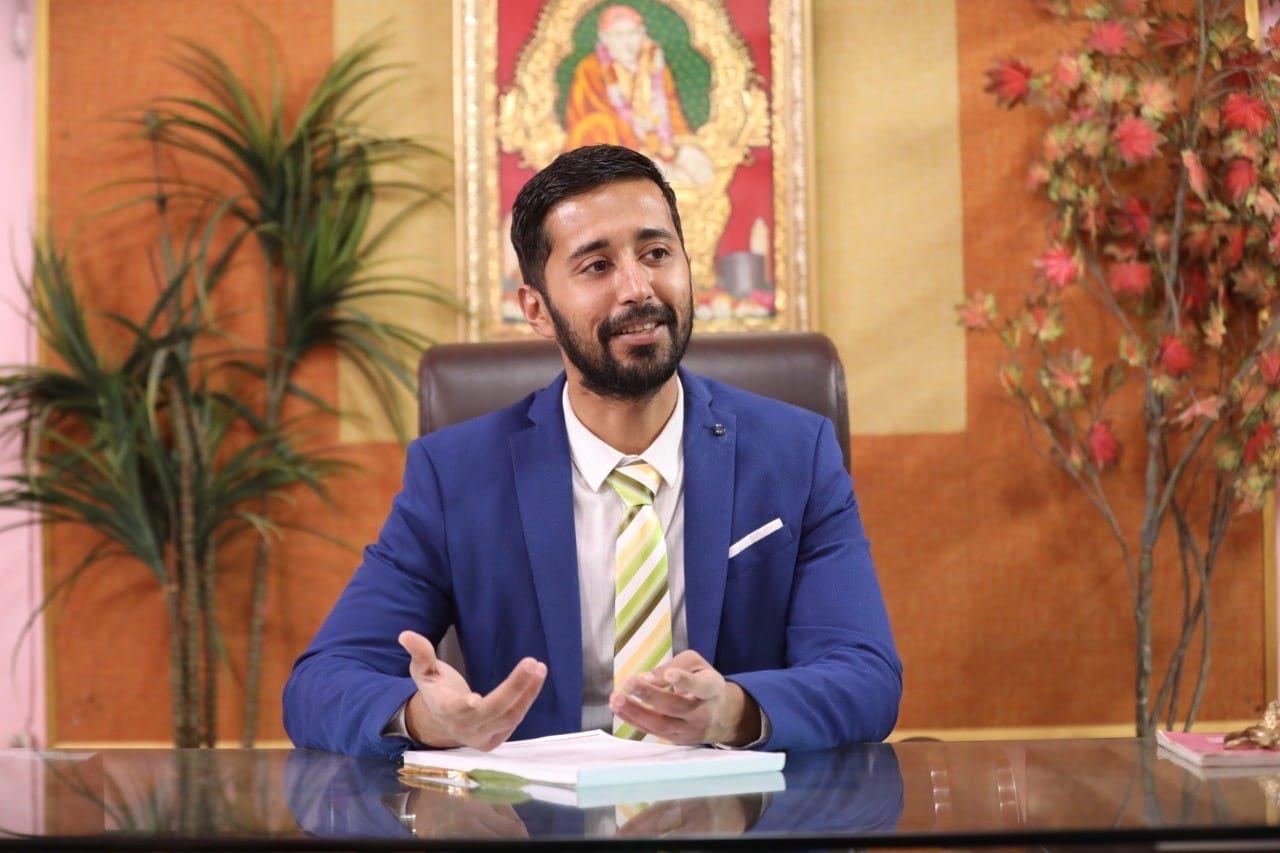Sam Bankman-Fried, the indicted founder of the now-defunct cryptocurrency exchange FTX, found himself on the receiving end of a stern warning from United States District Judge Lewis Kaplan. The judge candidly addressed Bankman-Fried regarding the prospect of a “prolonged sentence” should he be convicted of the charges brought against him.
Judge Kaplan’s candid remarks transpired moments before he declined the request of the 31-year-old former billionaire for temporary release from custody during the trial, a move aimed at facilitating smoother collaboration with his legal team. The judge expressed apprehensions about the potential risk of Bankman-Fried attempting to evade justice, categorizing him as a possible flight risk.
“If your client is ultimately convicted, the specter of a lengthy sentence looms,” Judge Kaplan articulated during a hearing held at a Manhattan federal court. “In the unfortunate event that circumstances take a unfavorable turn… there might come a point when he contemplates the idea of escape.”
In response to these concerns, Mark Cohen, Bankman-Fried’s legal representative, challenged the assertion of his client being a flight risk. Cohen emphasized that there existed “no substantiated evidence” to suggest that Bankman-Fried harbored any inclination to evade justice. Cohen further underscored Bankman-Fried’s voluntary consent to extradition from the Bahamas, where FTX was headquartered, to the United States following his apprehension in December 2022.
Bankman-Fried has firmly entered a plea of not guilty to seven counts of fraud and conspiracy arising from FTX’s demise in November 2022. While the statutory maximum sentence he faces stands at 110 years of incarceration, the actual sentencing outcome rests in the hands of Judge Kaplan, who will weigh various factors, potentially resulting in a less severe punishment.
Earlier this week, Bankman-Fried’s legal team submitted a request for temporary release, citing their inability to engage in extensive consultations with their client after each day of the trial, an essential aspect of preparing for the subsequent day’s witnesses and testimonies. The defense argued that this logistical challenge would be compounded if Bankman-Fried were compelled to return to the Metropolitan Detention Center in Brooklyn every evening.
Acknowledging the valid concerns raised by the defense, Judge Kaplan expressed sympathy and unveiled his plan to facilitate the situation. He announced his intent to ensure that Bankman-Fried arrives at the courthouse by 7 a.m. on most trial days, affording him ample time to confer with his legal counsel prior to the commencement of testimonies.
Prosecutors assert that Bankman-Fried diverted billions of dollars in FTX customer deposits to offset losses incurred by Alameda Research, a cryptocurrency-focused hedge fund under his purview.
Prosecutors staunchly opposed Bankman-Fried’s request for temporary release. During Thursday’s hearing, prosecutor Danielle Kudla contended that Bankman-Fried had enjoyed “abundant opportunities to prepare for trial” during the seven and a half months he spent on bail at his residence in Palo Alto, California.
Judge Kaplan ordered Bankman-Fried’s detention on August 11, following the discovery of evidence indicating that he may have tampered with witnesses on at least two occasions. This included the sharing of former Alameda chief executive officer Caroline Ellison’s private writings with a reporter from The New York Times. Notably, Ellison, a former romantic partner of Bankman-Fried’s, is among three former members of his inner circle who have admitted to fraud and are scheduled to testify against him. Furthermore, former FTX executives Gary Wang and Nishad Singh have committed to providing testimony.
In the course of Thursday’s proceedings, Judge Kaplan disclosed that prosecutors had petitioned for immunity for two additional witnesses in exchange for their testimony, though their identities remained undisclosed.
The trial is slated to commence on October 3 and could extend over a period of up to six weeks.







